As the morning sun lit up the cityscape of Bangkok, I embarked on an adventurous journey towards the heart of the city, a place pulsating with history and cultural intrigue - Chinatown. Home to a myriad of vibrant street vendors, ancient temples, and bustling markets, Chinatown is one of the oldest and most charming districts in Bangkok. The neighborhood has stood the test of time and continues to be a testament to the city's rich Chinese heritage.
Getting There
Navigating to Chinatown is quite simple, thanks to Bangkok's excellent public transportation system. You can take the MRT to Wat Mangkon Station, which is situated directly in Chinatown. Alternatively, Hua Lamphong, Bangkok's central train station, is a short walk away. For a more scenic route, consider taking the Chao Phraya River Express Boat to Ratchawong Pier, then stroll up Ratchawong Road to Sampeng Lane.
Exploring the Historic Streets
Upon arrival, my first stop was Yaowarat Road, Chinatown's main artery. Flanked on both sides by colorful old-style buildings and street vendors, this bustling street was a sight to behold. I decided to take a leisurely walk down the entire length of the road, absorbing the sights and sounds of this lively district. The best part? It's free and accessible 24/7, but the nighttime, when neon lights bathe the street in vibrant hues, is arguably the most magical.
Temples and Museums
Next, I visited the Wat Traimit Temple, which houses the world's largest solid gold Buddha statue. The Temple opens at 8 AM and closes at 5 PM, and the entry fee is 40 THB (approximately $1.30) per person. Just around the corner from Wat Traimit is the Chinatown Gate, the symbolic start of Chinatown. The grand archway makes for great pictures, especially at dusk.
Not far from the gate is the Chinatown Heritage Museum, which provides a detailed history of the Chinese in Bangkok. It's open from 9 AM to 6 PM, and the entry fee is 200 THB (around $6) per person.
Chinatown's Famous Food
Chinatown is renowned for its street food and dining experiences, with popular delicacies like dim sum, bird's nest soup, Peking duck, and various seafood dishes. The street food vendors usually start setting up in the late afternoon and keep going late into the night. The cost varies, but most dishes range from 50 to 200 THB (around $1.60 to $6.50), providing a range of options for every budget.
Shopping in Sampeng Market
One must-visit place in Bangkok's Chinatown is the Sampeng Market. This bustling wholesale market sells everything from clothes and accessories to toys and home decor. Be prepared to haggle for the best prices. The market operates from 8 AM to 6 PM daily.
Cultural Shows
Chinatown is known for hosting various cultural shows and events, particularly during the Chinese New Year and the Vegetarian Festival. While there, I was lucky enough to catch a traditional lion dance performance at the Chinatown Cultural Plaza. The shows usually start around 7 PM and can last up to an hour or two. Most performances are free, but premium seating might come at a small charge.
My day in Bangkok's Chinatown was filled with beautiful temples, lively markets, delicious food, and intriguing history. It's a unique cultural enclave that offers an array of experiences for every traveler. Whether you're a foodie, a history buff, or just an enthusiastic traveler, Bangkok's Chinatown has something to offer you. My advice? Don't rush - take your time to soak in the rich culture and heritage this neighborhood has to offer.
Signing off until my next adventure!
*All prices are subject to change and may vary slightly depending on the time of year and other factors. Always check ahead for the most current information.
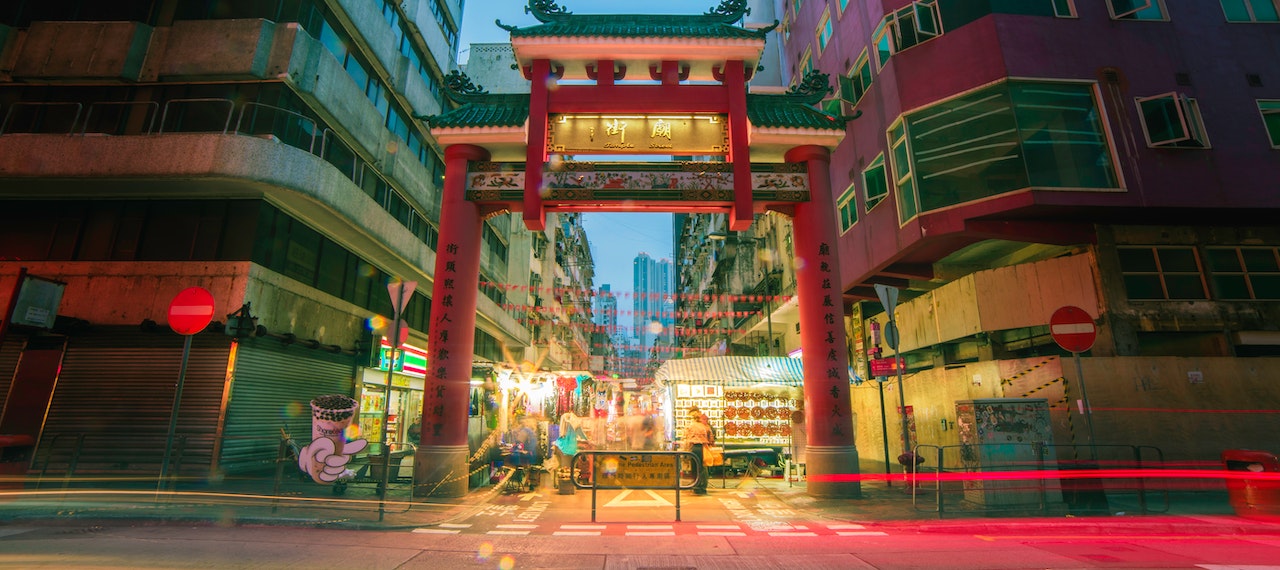
.png)
.jpg)
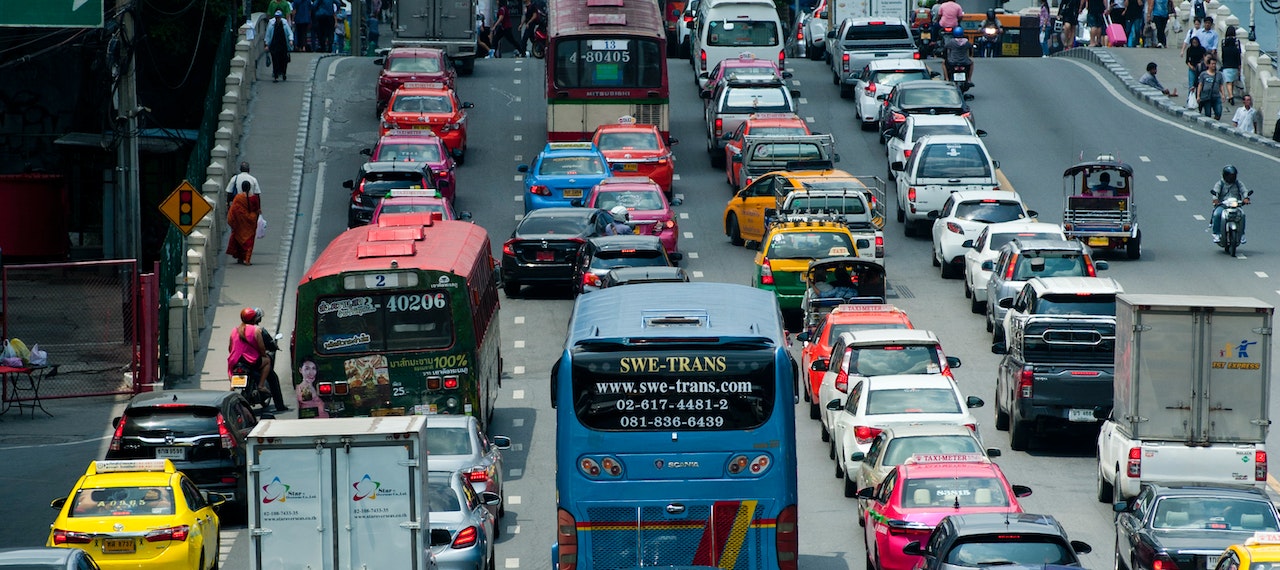
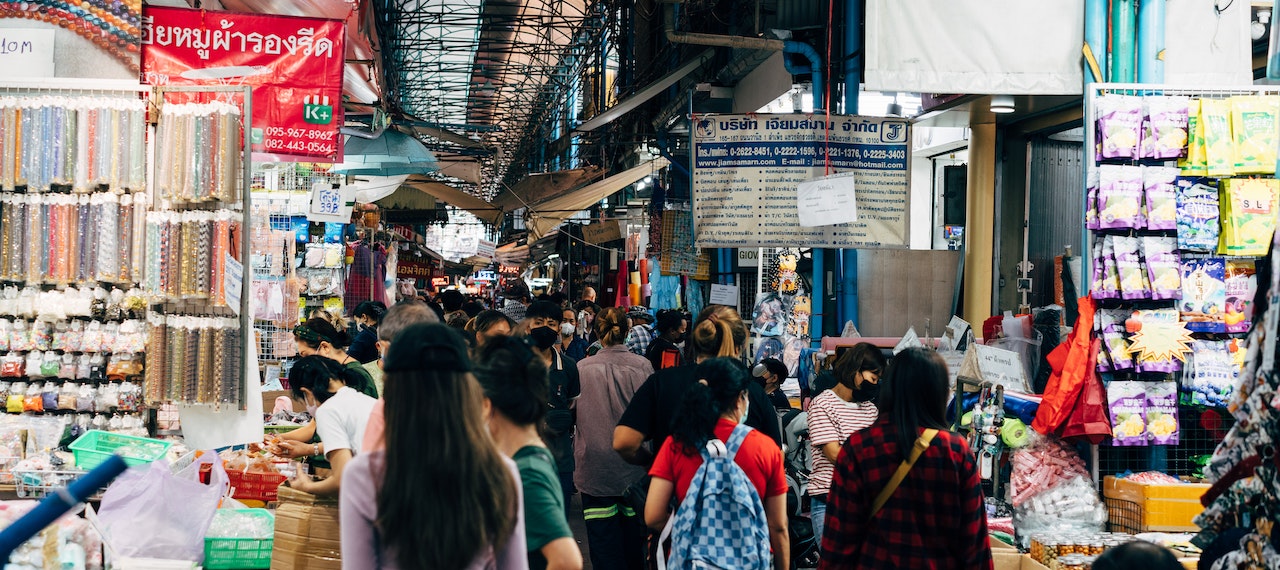
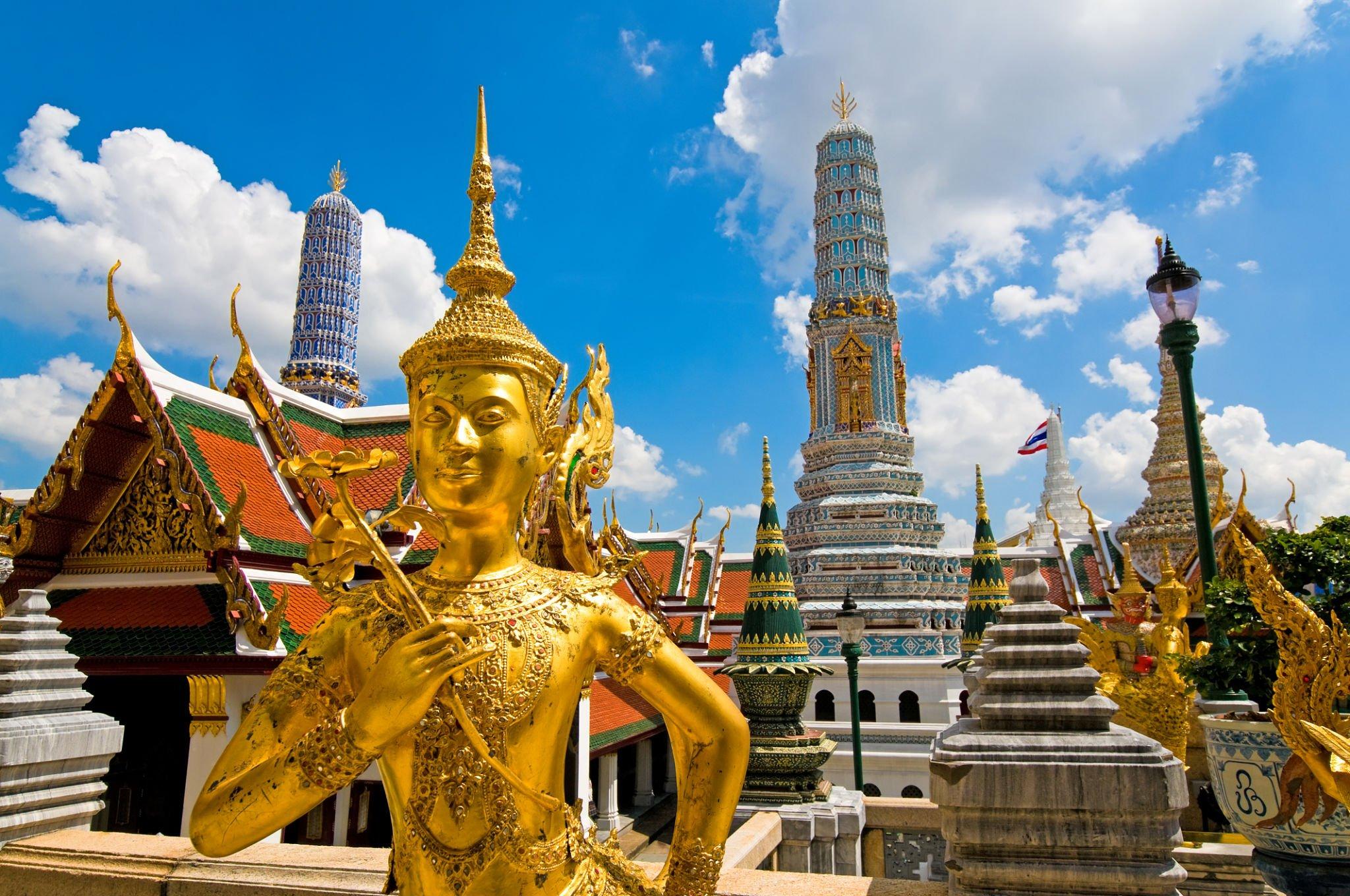
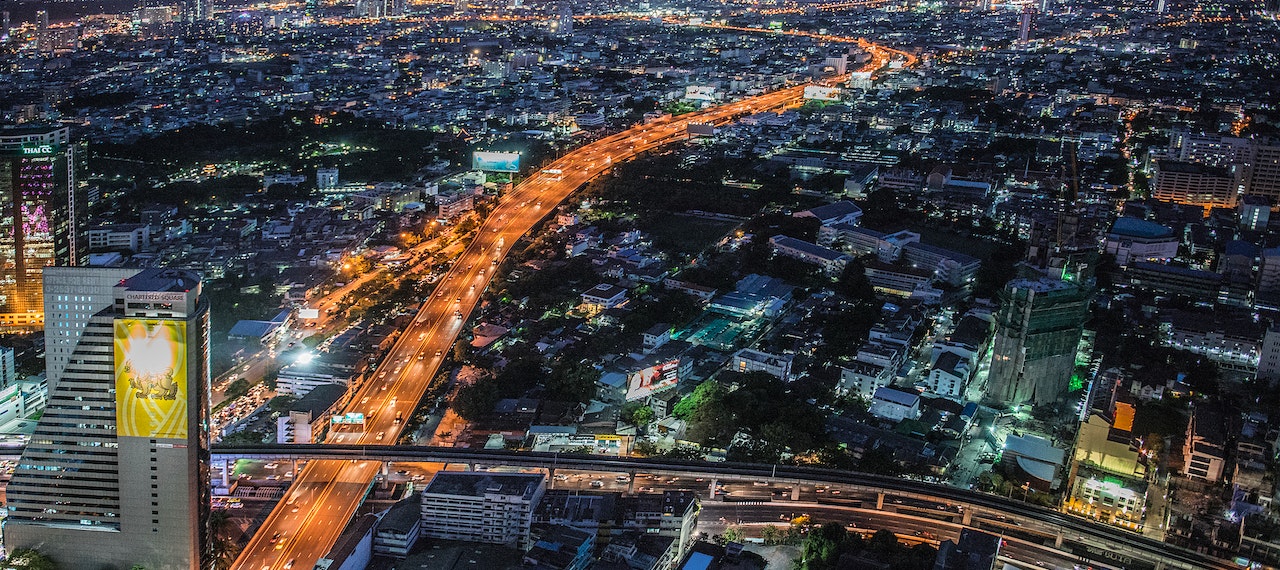
.jpg)
